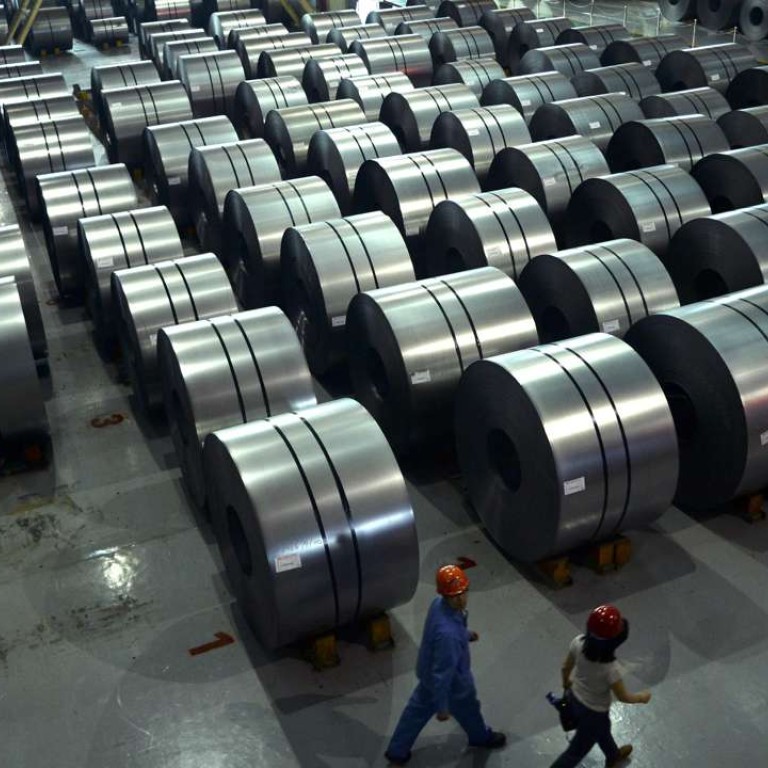
European Union still ‘seeks balance in industry and trade’ with China
European Parliament rejects granting of market economy status to China on dumping grounds, but also ‘values importance of trade relationship’
The European Union may choose to maintain defensive trade measures while eventually approving market economy status to China, diplomats and economists say, even after such a move was rejected informally by European lawmakers last week.
In a non-binding resolution passed on Thursday by 546 votes to 28, with 77 abstentions, the European Parliament said it “strongly opposed” the status being conferred to China later this year and underscored an “imminent need” to reform Europe’s anti-dumping laws.
Chinese observers have warned that European trade protectionism may become severe ahead of general elections next year in major European countries like France and Germany.
They also said a formal denial of the status would harm bilateral trade with China, the EU’s
second-largest trading partner, and that Beijing may seek legal redress with the World Trade Organisation (WTO).
The European Parliament must decide by the end of the year whether or not to grant market economy status to China. If it does, the move will deprive the EU of the right to use the third-party criteria in alleged anti-dumping probes to compare the prices of Chinese goods, so would not be able to impose high punitive duties on Chinese products involved.
“In the public debate, it was forwarded that EU anti-dumping legislation could be modified by granting China market economy status, while at the same time, safeguarding the definitive anti-dumping measures in place as well as strengthening other provisions,” Michael Clauss, the German ambassador to China, told the Sunday Morning Post.
“How Europe will decide will depend to a large degree on how China acts, especially on whether China will show signals of compromise, taking into account the interests of European industry and labour markets,” Clauss said. “Germany has consistently underlined that China still had homework to do. This remains unchanged.”

French ambassador to China Maurice Gourdault-Montagne said in March that the EU was studying how to clarify the anti-dumping provisions in China’s WTO accession agreement to protect itself from unfair competition and possible dumping.
The European Parliament claimed that China’s exports, especially in sectors with chronic overcapacity such as steel, had caused “strong social, economic and environmental consequences in the EU”.
Wei Jianguo, a former Chinese vice-commerce minister and now deputy head of a think tank affiliated with the National Development and Reform Commission, said the issue of China’s market economy status “had long been politicised” and that the European Parliament resolution may be have been an attempt to ease domestic opposition. He warned against rising trade protectionism amid upcoming elections in the US and EU countries.
Wang Yiwei, director of the Centre for European Studies at the Renmin University, said China should step up lobbying efforts and launch joint investments with EU countries in third-party markets and “One Belt, One Road” infrastructure projects.
The Ministry of Commerce said on Friday that WTO members were obliged to remove third-country criteria in anti-dumping probes against Chinese goods after December 11.

